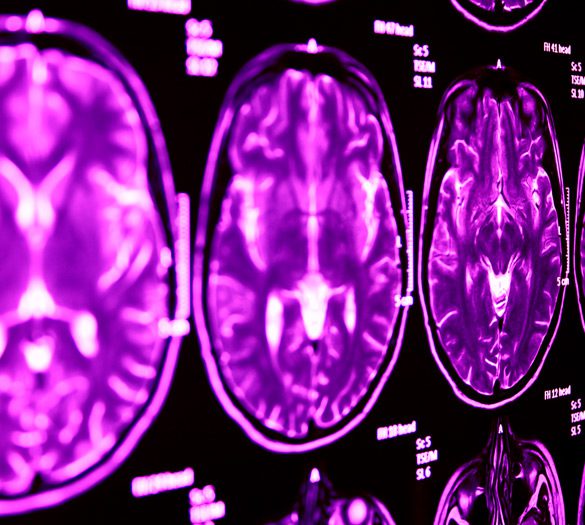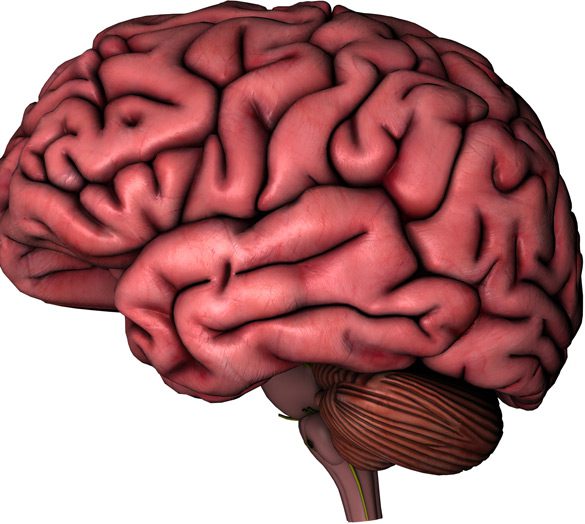Pediatric neurosurgery involves the treatment of various conditions and disorders that may affect the peripheral or central nervous system in infants, toddlers, children, adolescences, teens, and young adults. Neurosurgeons specializing in pediatric care often treat patients with damage to the brain or spinal cord related to sudden trauma, tumors, congenital deformities, and infections. Whether or not surgery is required will depend on how a condition may affect physical and emotional development.

Congenital Pediatric Disorders
Many pediatric conditions are present at birth, or congenital. Such disorders are often inherited. Chemical processes within the body and behavioral and environmental influences can also affect the formation of structures within the brain, spine, or central nervous system during development in the womb. If a child is born with a defective skull due a congenital disorder, corrective surgery provides room for brain development. While brain abnormalities often require surgery, some congenital spine deformities are monitored as the child grows before surgery is considered.
Acquired Pediatric Conditions
Some disorders develop shortly after birth. Many times there is no clear reason for the sudden appearance of a neurological condition after a child is born. Post-birth conditions may be linked to issues with the immune system or inflammation of the brain (encephalitis). If a bacterial or viral infection like meningitis develops post-birth, surgery may be necessary to relieve swelling in the brain.
Accidents and Injuries
Young children, especially those who are athletically active, may sustain an injury that causes damage to nerves in the spine or brain. A traumatic brain injury (TBI) in children sometimes damages nerves in the spinal cord and affects important developmental stages due to a disruption in the normal functions of the nervous system. TBIs or spinal cord injuries (SCIs) in younger patients usually require surgery, which may include procedures to relive brain pressure or repair damage to the spinal cord.
Diagnosis and Treatment
Diagnosis of neurological problems in children typically involves an evaluation of symptoms and detailed image and neurological testing. Pediatric conditions detected before birth may be treated with surgery just after birth. Sometimes treatment is based on symptoms presented after birth. When conditions cannot be successfully managed with medication and other non-surgical solutions, surgery is often required to correct the damage, remove abnormal tissues, relieve pressure, or restore nerve connections. Common procedures performed include:

- Severing nerves causing involuntary muscle contractions (rhizotomy)
- Correction of spinal deformities from conditions like spina bifida
- Removal of tumors on the spinal cord or within the brain (Removal of tumors will depend on factors such as location and size.)
- Cutting fibers in the brain to prevent seizures (corpus callosotomy)
Neurological problems affecting younger patients often require detailed diagnostic procedures and treatment plans. Since symptoms can vary or appear or progress slowly over time, careful observation from parents is just as important. Anything that appears out of the ordinary shouldn’t be ignored. Regardless of why a child is referred to a pediatric neurosurgeon, the goal is still the same — to maintain or improve quality of life for the patient.
